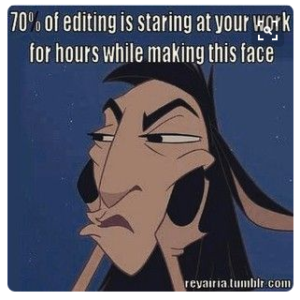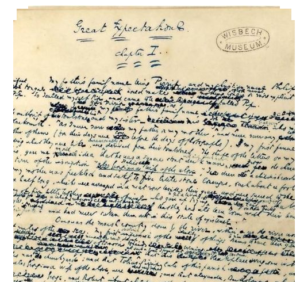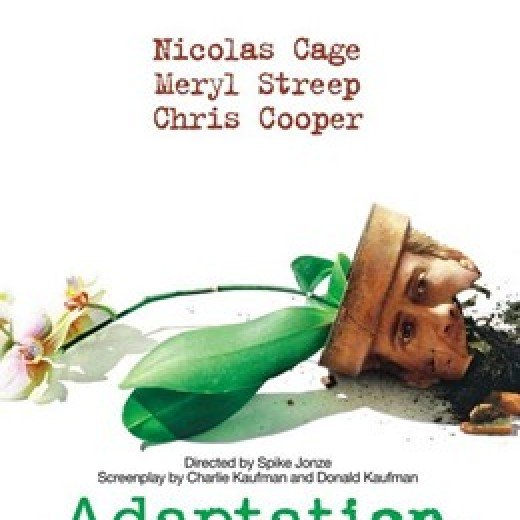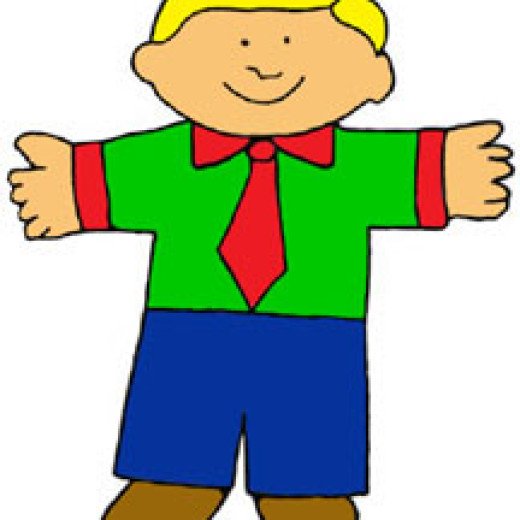Why I Don’t Hate Editing by Hugh Tipping
 Today we welcome a new guest writer to Writer’s Fun Zone, Hugh Tipping who is stopping by to chat with us today about “Why I Don’t Hate Editing.” Enjoy!
Today we welcome a new guest writer to Writer’s Fun Zone, Hugh Tipping who is stopping by to chat with us today about “Why I Don’t Hate Editing.” Enjoy!
***
Arguably, the most popular episode of the 1950’s sitcom “I Love Lucy” was the episode “Job Switching” in which friends Lucy and Ethel took a job in a candy factory. In that episode’s celebrated scene, they had to hand wrap individual chocolates moving along a conveyor belt into a packing room. They were able to keep up until the belt sped up resulting in a hilarious scramble to prevent any unwrapped candies from getting by.
That is what National Novel Writing Month felt like to me.
When I participated in NaNoWriMo in 2014, the toughest part, as it is for most writers, was keeping that editor’s hat off, moving along with my text (conveyor), not caring how many words (candies) went by unfinished or even how many went “splat” on the floor.
I made the 50K word count that November and continued on in “NaNo Mode” for a few more months until I had a completed first draft. Then started the “dreaded” editing process, the phase where I had to self-critique and face the drivel I’d written indiscriminately, sacrificing beauty for assemblage.
We all want to write our final draft the first time around, with the perfect words, a solid plot, and well-developed characters, but we all know that’s not realistic. Take some time to look up images of literary masters’ draft notes online. You’ll see a vast difference from what they started off with and what we now know as classics, novels that came about only through painstaking revising and editing.
Charles Dickens’ Great Expectations:
Marcel Proust’s Time Regained:
James Joyce’s Ulysses:
When I worked on my first draft, whenever I misspelled a word, used a weak adjective, mixed up point of view (POV), or wrote one passive sentence after another, my impulse each time was to stop, go back, and mend. It was a struggle to subdue those impulses. I did subdue them, though, because I needed to see the story as a whole. I needed to bring alive an imaginary world and have it tell me what it needed.
Once I had that finished first draft, I could finally indulge all of those impulses to repair, scratch those itches left by blatant mistakes, and do the word crafting I had to put aside to get the story out. With a beginning, middle and end already on paper, I could act upon my deeper creative vibes, filling in details to give my fictional world dimension and each character zest and color. That is where you get to be the artist, to put the literary brush to your canvas and see where the strokes take you.
Editing
Editing and revising are not easy on the ego when I am forced to look at the ghastly stuff I have written. I look at sentences that don’t make sense and become frustrated by holes in plot and logic. On the other hand, it frees me from the daunting daily word count metric, allowing me to work at a more satisfying page count level. Soon I am looking at the scene level, chapter level, and eventually a final draft.
That’s why I can’t hate the very thing I so desperately wanted to do as the first words flowed. I don’t hate the thing that will bring me to the end of the journey, a novel where I say what I need to say, and with good fortune, that someone will want to read.
***
ABOUT THE AUTHOR
 Hugh Tipping is the author of the upcoming fantasy novel “The Threads of Magic”. He is a native of New York City, spending his days as a techie and his nights as a writer and actor. You can connect with him on Facebook.
Hugh Tipping is the author of the upcoming fantasy novel “The Threads of Magic”. He is a native of New York City, spending his days as a techie and his nights as a writer and actor. You can connect with him on Facebook.










Thank, Hugh, for allowing me to see the beauty of editing. It has always carried the struggle of drudgery for me. You’ve lightened my mind. I’m ready to take it up again.
Great Post, Hugh! Thanks for sharing your wisdom with us. At this moment the way I seem to be approaching my first editing experience is comparable to the example you offer from Ulysses. I’m hoping that Beth’s upcoming editing course rescues me from this approach, by teaching me to edit properly. Oh, and I must comment on your last line relating to first drafts, “that is where you get to be the artist, to put the literary brush to your canvas and see where the strokes take you.” Beautiful!
Mary,
I am so happy that you liked the post! I took Beth’s editing class and it was just what I needed. You’ll gain invaluable tools from her experiences over the years. I don’t know where I’d be without that class (or Beth overall!).
— Hugh